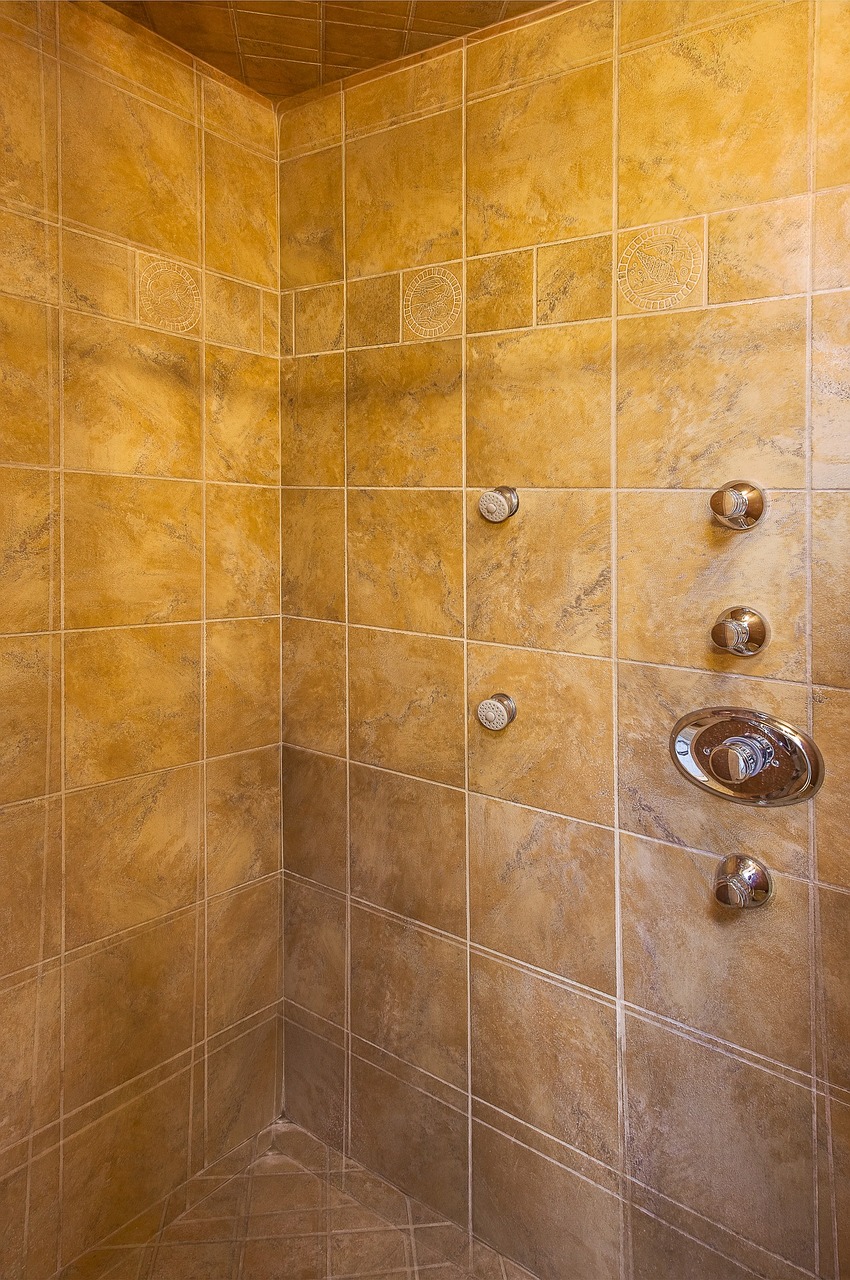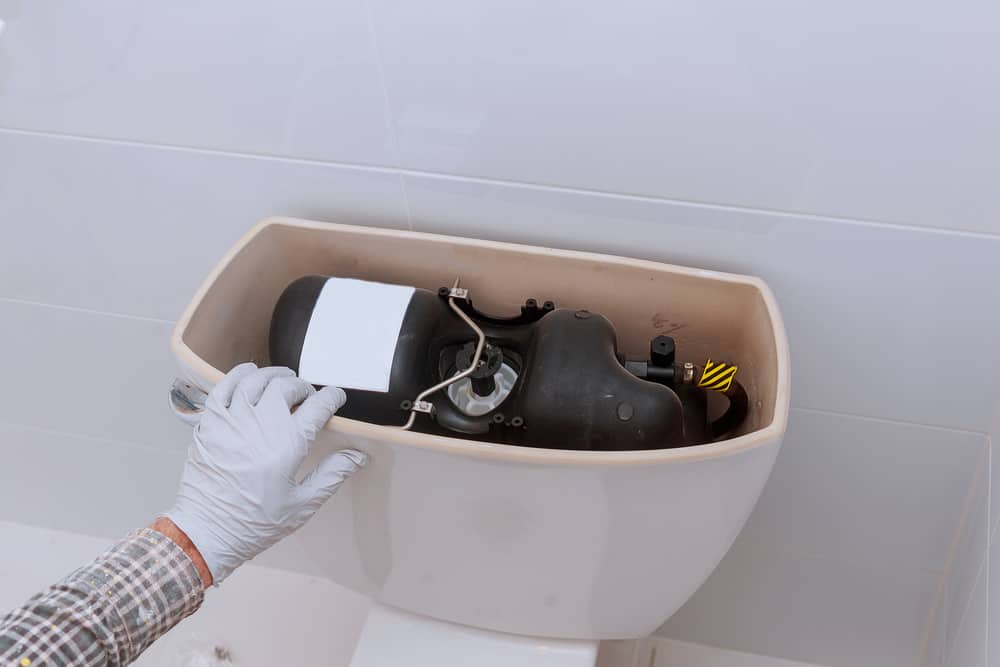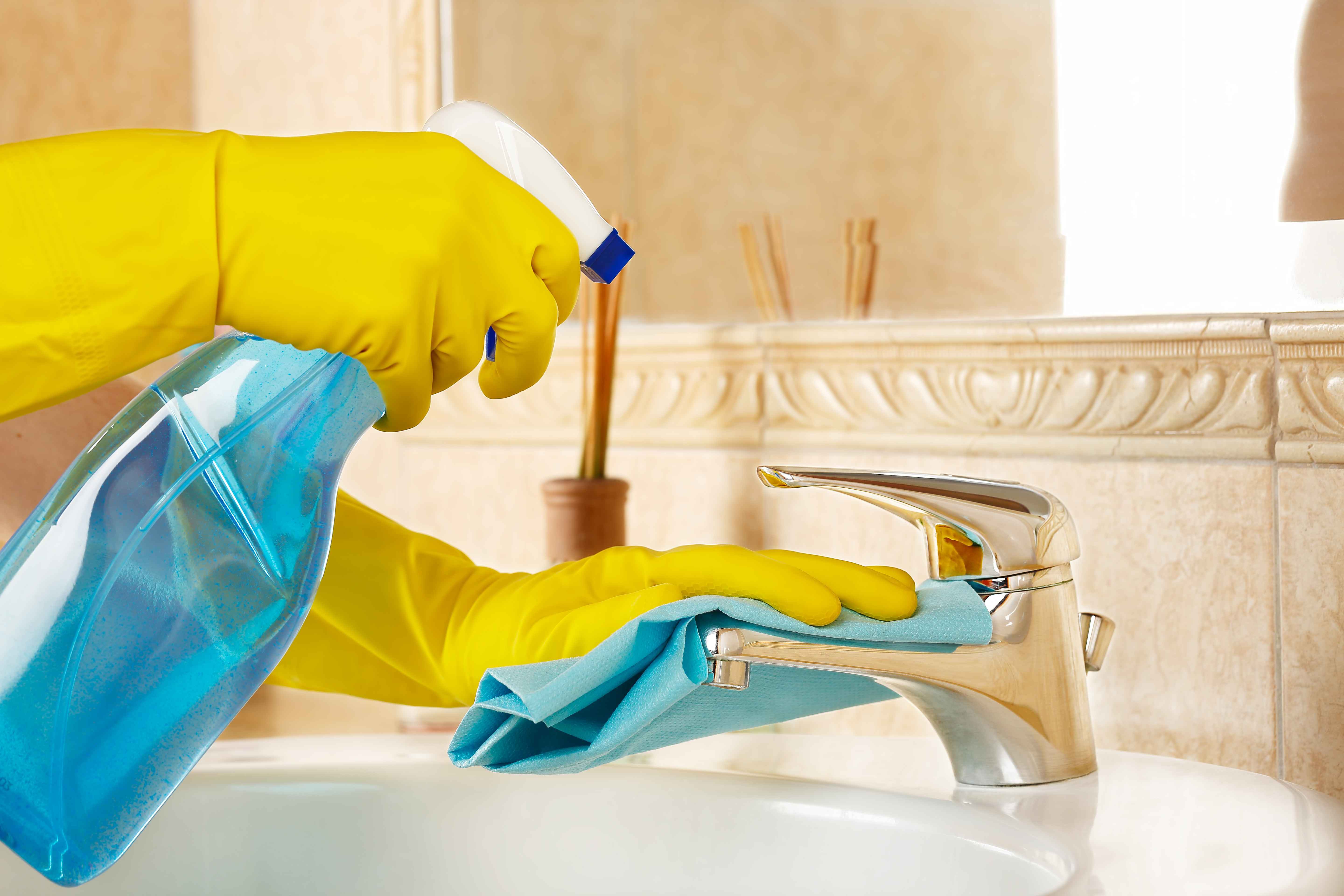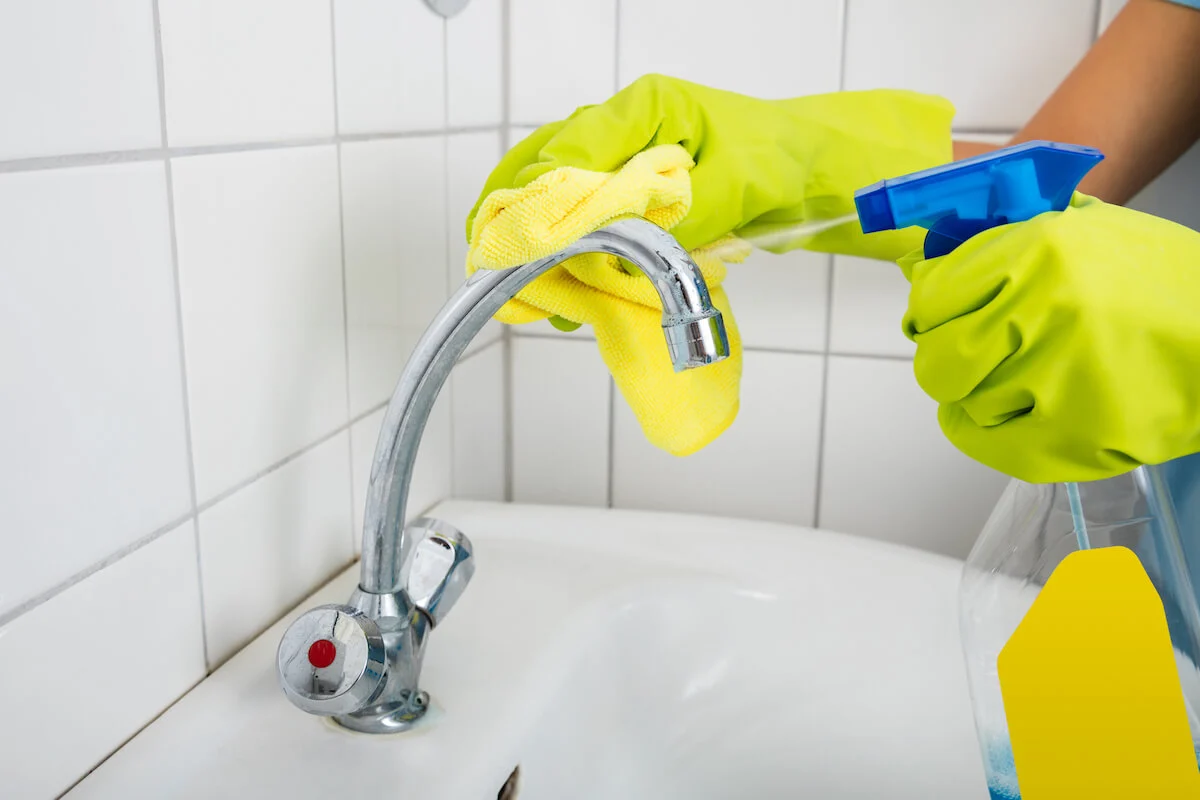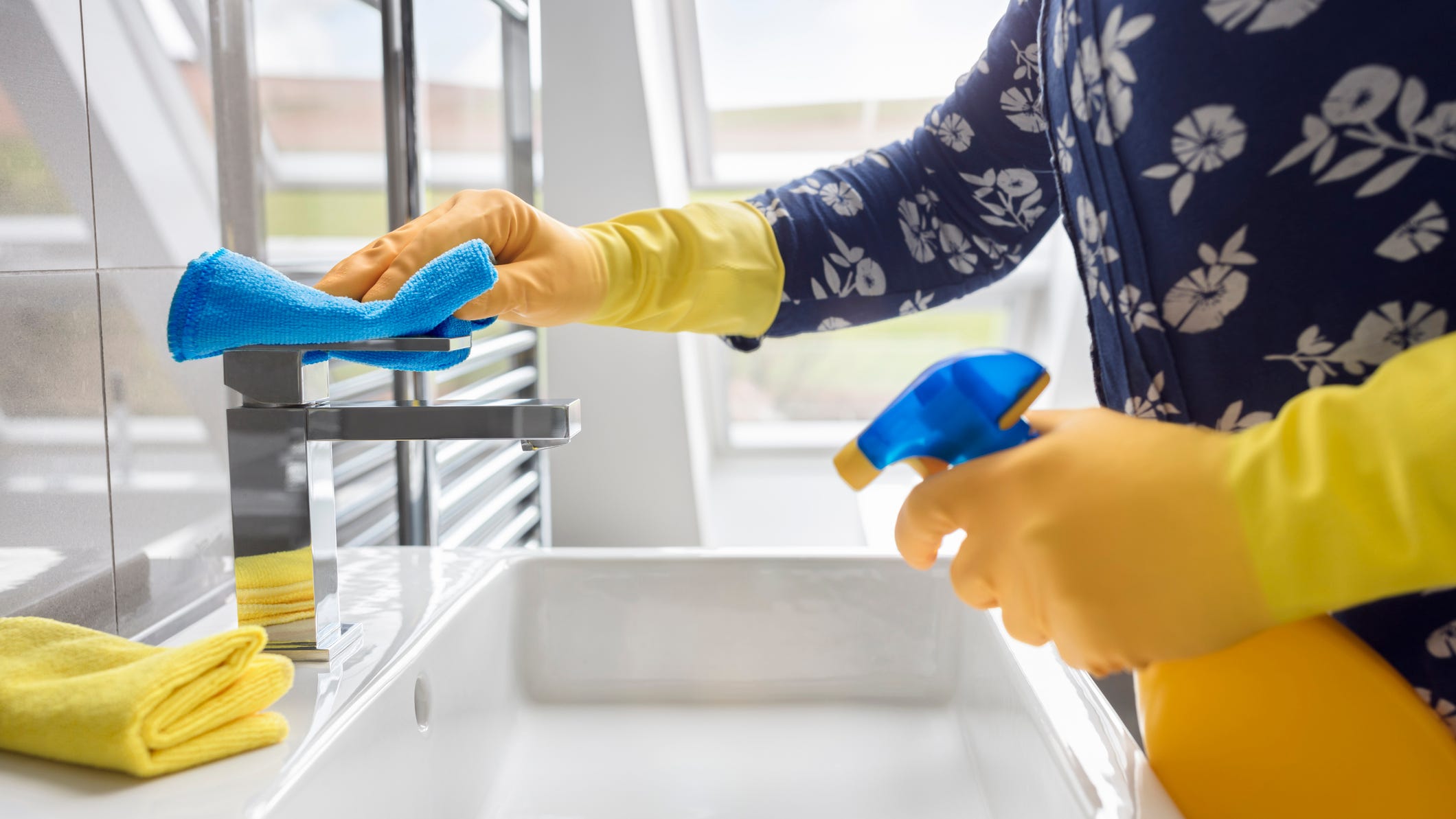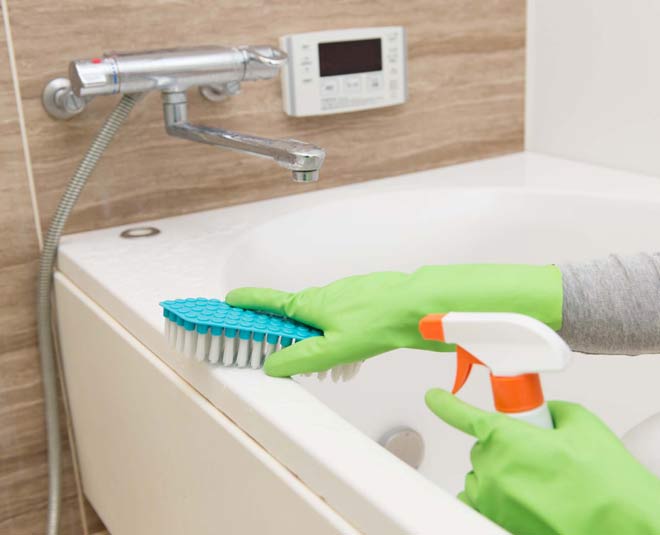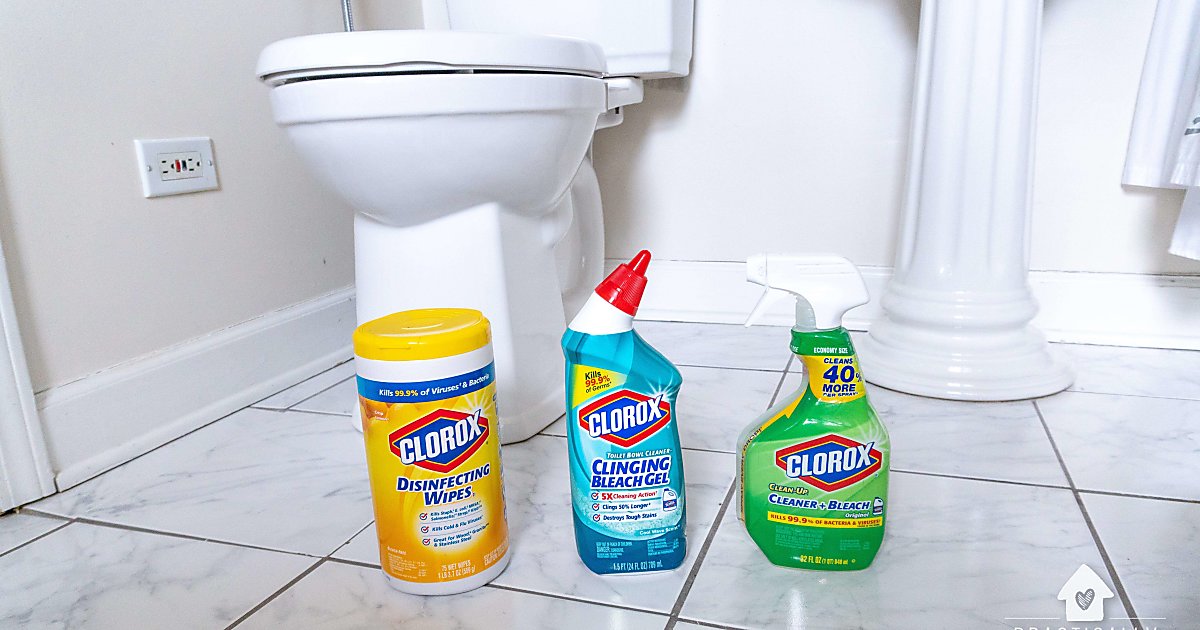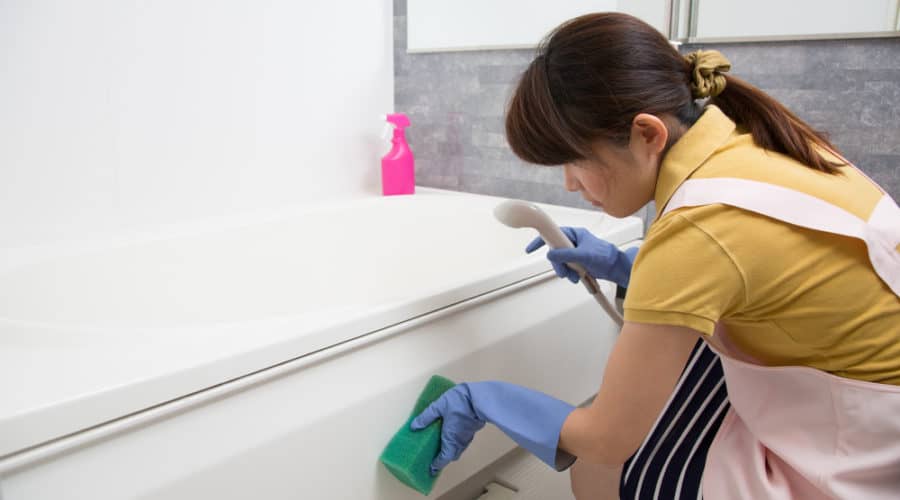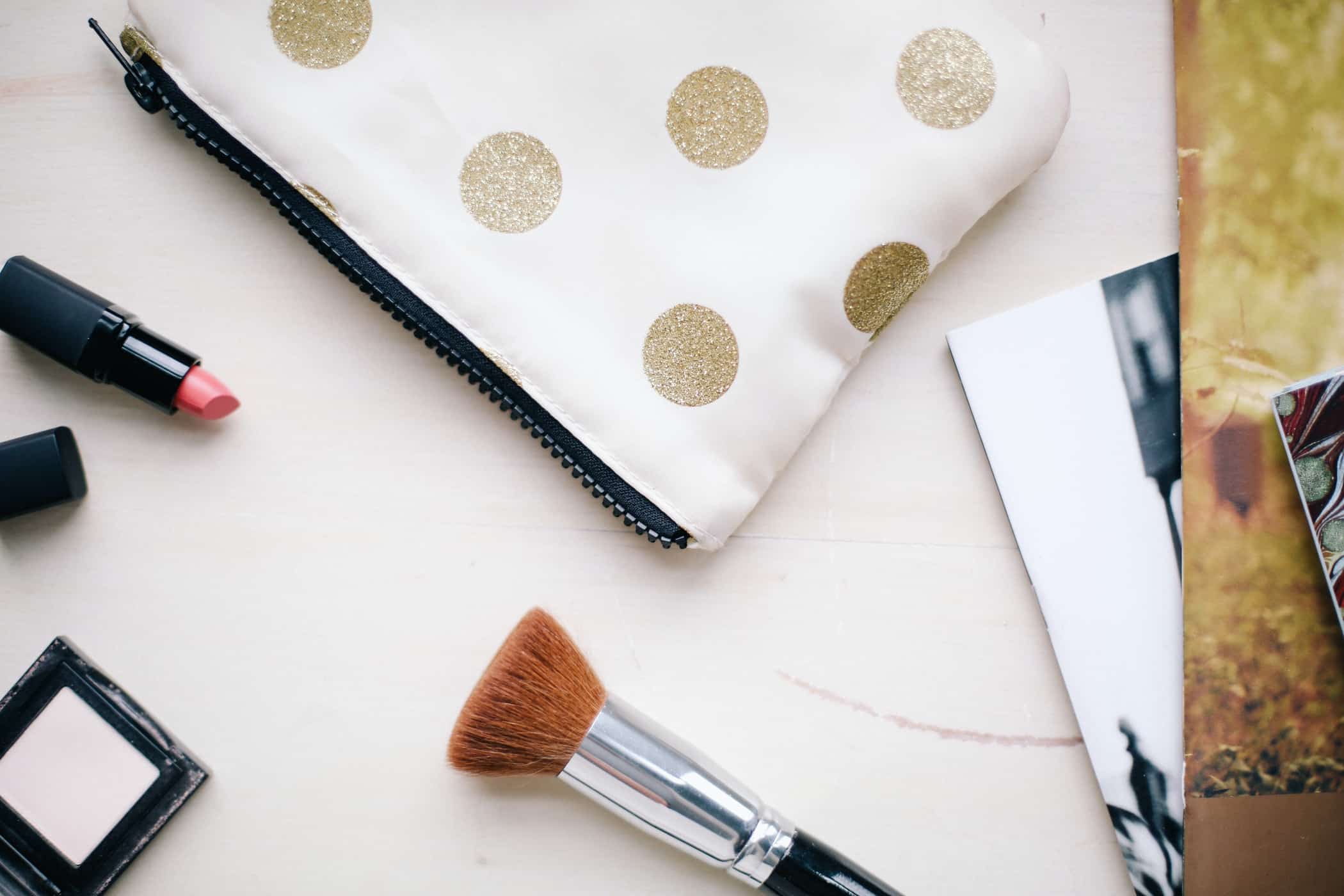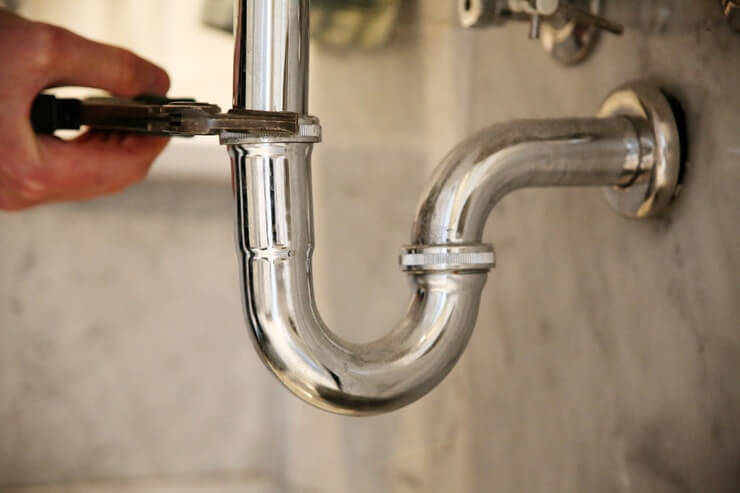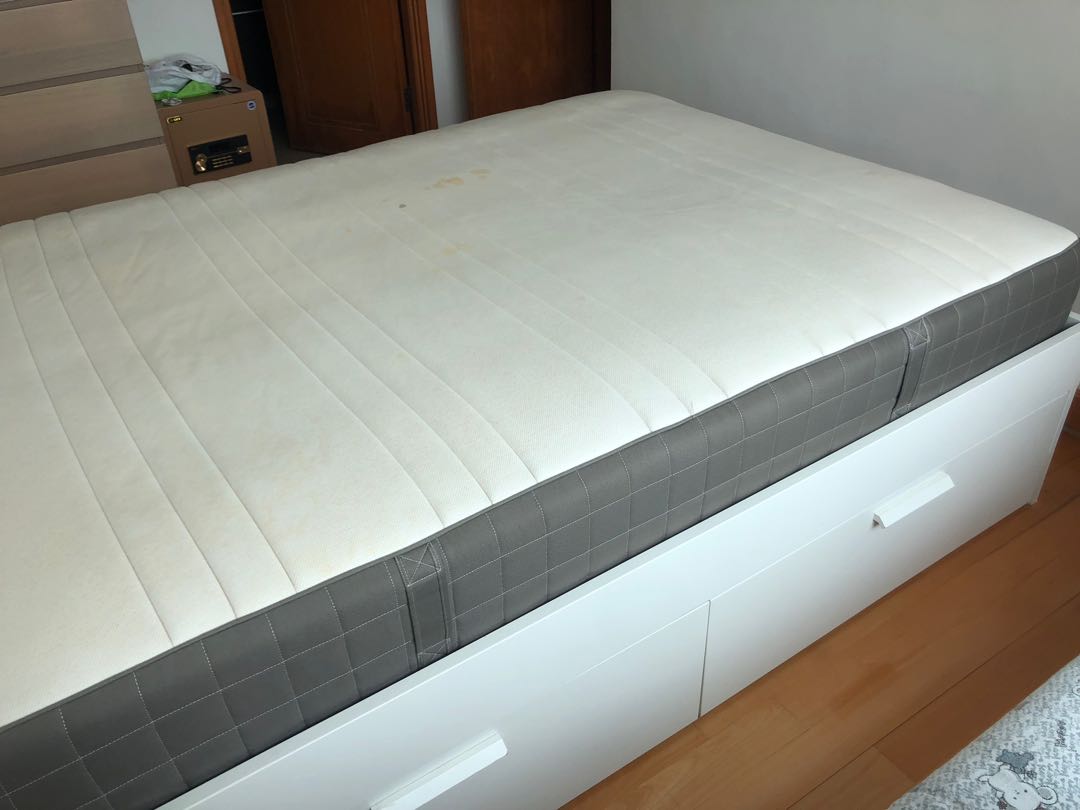If you notice a musty, unpleasant odor coming from your bathroom sink, chances are it's caused by mildew. Mildew is a type of fungus that thrives in damp, dark environments, making your bathroom sink the perfect breeding ground. Not only is the smell unpleasant, but mildew can also be harmful to your health. Fortunately, there are several ways to get rid of mildew smell in your bathroom sink. Follow these tips to get your sink smelling fresh and clean again.How to Get Rid of Mildew Smell in Bathroom Sink
The first step in getting rid of mildew smell in your bathroom sink is to clean the drain. Over time, debris and grime can build up in the drain, creating a perfect environment for mildew to grow. To clean the drain, start by removing any visible debris and hair. Then, pour a mixture of boiling water and vinegar down the drain. Follow this with a mixture of baking soda and lemon juice. Let the mixture sit for about 15 minutes before flushing it with hot water.How to Clean a Smelly Bathroom Sink Drain
Aside from a dirty drain, there are several other causes of mildew smell in your bathroom sink. One common cause is a clogged vent pipe, which can cause water to back up and create a foul odor. To solve this issue, you may need to call a plumber to clear the vent pipe. Another potential cause is a leaky pipe, which can lead to excess moisture and mildew growth. In this case, you will need to repair the leak to get rid of the smell.Causes and Solutions for a Smelly Bathroom Sink
If you prefer to use natural remedies, there are several options for getting rid of mildew smell in your bathroom sink. One effective method is to mix equal parts water and vinegar in a spray bottle and spray it on the sink and drain. Let it sit for a few minutes before wiping it down with a clean cloth. You can also sprinkle baking soda on the sink and drain and then pour boiling water over it. The combination of baking soda and hot water will help eliminate the smell.DIY Natural Remedies for a Smelly Bathroom Sink
Prevention is always better than cure when it comes to mildew smell in your bathroom sink. To prevent mildew growth, make sure to clean your sink regularly and keep it dry. Wipe down the sink and faucet after each use to prevent moisture from lingering. You can also pour a mixture of baking soda and vinegar down the drain once a week to keep it clean and prevent mildew growth.How to Prevent Mildew Smell in Bathroom Sink
If home remedies are not effective in getting rid of the mildew smell in your bathroom sink, there are several commercial products that can do the job. Look for a cleaner specifically designed for bathroom sinks and follow the instructions carefully. You can also use a mold and mildew spray to eliminate any remaining odor. Just make sure to open a window or turn on a fan while using these products to avoid inhaling strong chemicals.Best Products to Eliminate Mildew Smell in Bathroom Sink
If the mildew smell persists despite your best efforts, it may be time to call in a professional. A plumber can inspect your pipes and make any necessary repairs to prevent mildew growth. They can also use specialized tools and cleaning solutions to thoroughly clean your drain and get rid of the smell. A professional cleaning service can also be helpful in deep cleaning your bathroom sink and eliminating the mildew odor.Professional Tips for Removing Mildew Smell from Bathroom Sink
There are a few common mistakes that homeowners make that can contribute to mildew smell in their bathroom sink. One is leaving damp sponges or towels in the sink, which can create a perfect environment for mildew to grow. Another mistake is using harsh chemicals to clean the sink, which can damage the pipes and create a breeding ground for mildew. Make sure to avoid these mistakes to prevent mildew smell in your bathroom sink.Common Mistakes That Cause Mildew Smell in Bathroom Sink
If your bathroom sink is particularly dirty and smelly, you may need to give it a deep clean. Start by removing any debris and cleaning the drain as mentioned before. Then, mix equal parts water and bleach in a spray bottle and spray it on the sink and drain. Let it sit for a few minutes before rinsing it off with hot water. This will help kill any remaining bacteria and eliminate the smell.How to Deep Clean Your Bathroom Sink to Get Rid of Mildew Smell
If the mildew smell in your bathroom sink persists even after cleaning and using remedies, it may be a sign of a larger plumbing issue. If you notice slow draining, gurgling sounds, or water backing up, it's best to call a plumber to inspect your pipes. These signs can indicate a clog or leak in your plumbing system, which can lead to excess moisture and mildew growth.Signs That Your Bathroom Sink Smell is Caused by a Plumbing Issue
The Importance of Proper Ventilation in Preventing Mildew in Your Bathroom Sink

Understanding the Cause of Mildew in Bathroom Sinks
 Bathroom sinks are one of the most commonly used fixtures in a household, and they are responsible for keeping our hands, faces, and teeth clean. However, over time, a foul smell may start to emanate from the sink, giving off a musty and damp odor. This is a clear sign of mildew growth, and it can be quite unpleasant and unhygienic. But what exactly causes this issue?
Mildew is a type of fungus that thrives in damp and poorly ventilated areas, making your bathroom sink the perfect breeding ground. When water is constantly splashed onto the sink and not properly dried, it creates a moist environment that is conducive for mildew growth. Additionally, if your bathroom does not have proper ventilation, the moisture and humidity in the air will also contribute to the growth of mildew.
Bathroom sinks are one of the most commonly used fixtures in a household, and they are responsible for keeping our hands, faces, and teeth clean. However, over time, a foul smell may start to emanate from the sink, giving off a musty and damp odor. This is a clear sign of mildew growth, and it can be quite unpleasant and unhygienic. But what exactly causes this issue?
Mildew is a type of fungus that thrives in damp and poorly ventilated areas, making your bathroom sink the perfect breeding ground. When water is constantly splashed onto the sink and not properly dried, it creates a moist environment that is conducive for mildew growth. Additionally, if your bathroom does not have proper ventilation, the moisture and humidity in the air will also contribute to the growth of mildew.
The Dangers of Mildew in Your Bathroom Sink
 Aside from the unpleasant smell, mildew in your bathroom sink can also pose potential health risks. It can trigger allergies and respiratory problems, especially for those with pre-existing conditions such as asthma. The spores released by mildew can also cause skin irritation and infections.
Furthermore, mildew can also cause damage to your sink and its surrounding areas. It can eat away at the grout and caulk, causing them to deteriorate and become weak. If left untreated, this can lead to costly repairs and replacements.
Aside from the unpleasant smell, mildew in your bathroom sink can also pose potential health risks. It can trigger allergies and respiratory problems, especially for those with pre-existing conditions such as asthma. The spores released by mildew can also cause skin irritation and infections.
Furthermore, mildew can also cause damage to your sink and its surrounding areas. It can eat away at the grout and caulk, causing them to deteriorate and become weak. If left untreated, this can lead to costly repairs and replacements.
The Solution: Proper Ventilation
 The key to preventing mildew growth in your bathroom sink is proper ventilation. Allowing fresh air to circulate and dry out any moisture will prevent mildew from thriving.
Installing a vent fan
or keeping a window open while using the bathroom can help with air circulation. You can also leave the bathroom door open after using it to help reduce humidity levels.
Another
important step
in preventing mildew is to
regularly clean and dry your sink
. Wipe down the sink and surrounding areas with a disinfectant cleaner to remove any existing mildew and prevent it from spreading.
The key to preventing mildew growth in your bathroom sink is proper ventilation. Allowing fresh air to circulate and dry out any moisture will prevent mildew from thriving.
Installing a vent fan
or keeping a window open while using the bathroom can help with air circulation. You can also leave the bathroom door open after using it to help reduce humidity levels.
Another
important step
in preventing mildew is to
regularly clean and dry your sink
. Wipe down the sink and surrounding areas with a disinfectant cleaner to remove any existing mildew and prevent it from spreading.
Conclusion
 In conclusion, a properly ventilated bathroom is crucial in preventing mildew growth in your sink. Not only does it help keep your sink clean and hygienic, but it also ensures the safety and well-being of your household. Remember to regularly clean and dry your sink, and consider installing a vent fan or keeping a window open to promote air circulation. By taking these simple steps, you can say goodbye to a smelly and unsightly bathroom sink.
In conclusion, a properly ventilated bathroom is crucial in preventing mildew growth in your sink. Not only does it help keep your sink clean and hygienic, but it also ensures the safety and well-being of your household. Remember to regularly clean and dry your sink, and consider installing a vent fan or keeping a window open to promote air circulation. By taking these simple steps, you can say goodbye to a smelly and unsightly bathroom sink.



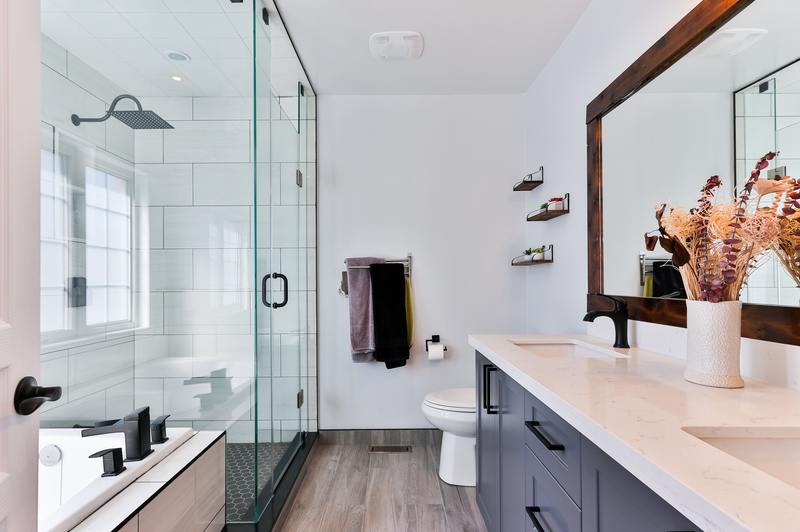
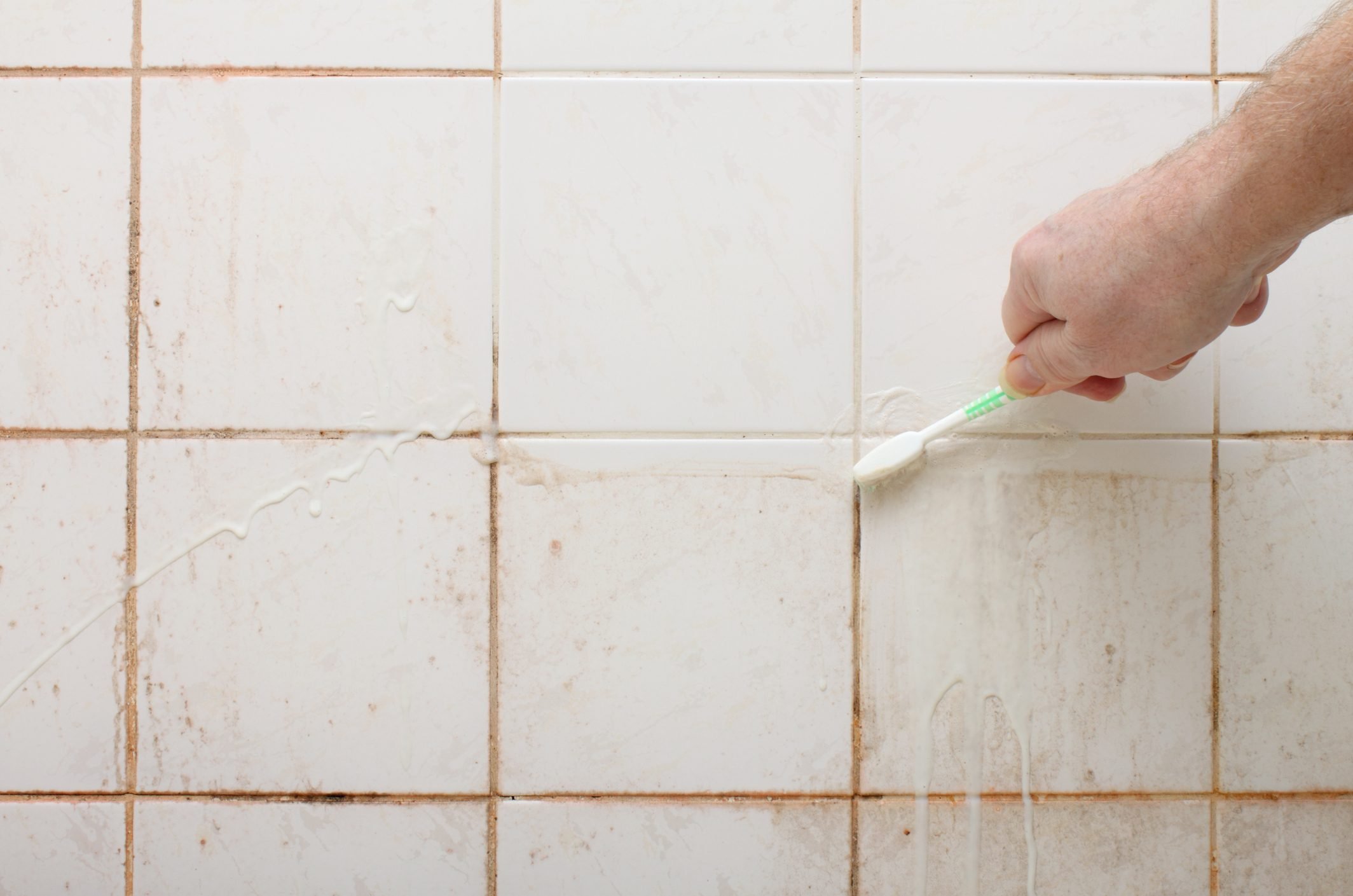
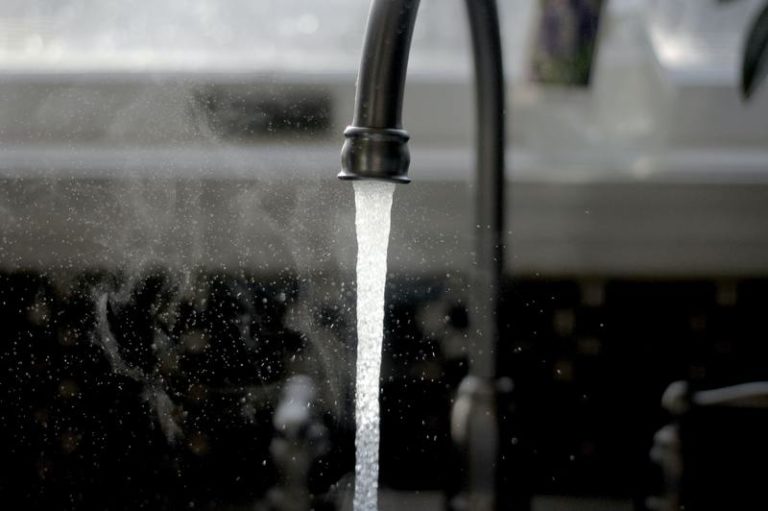

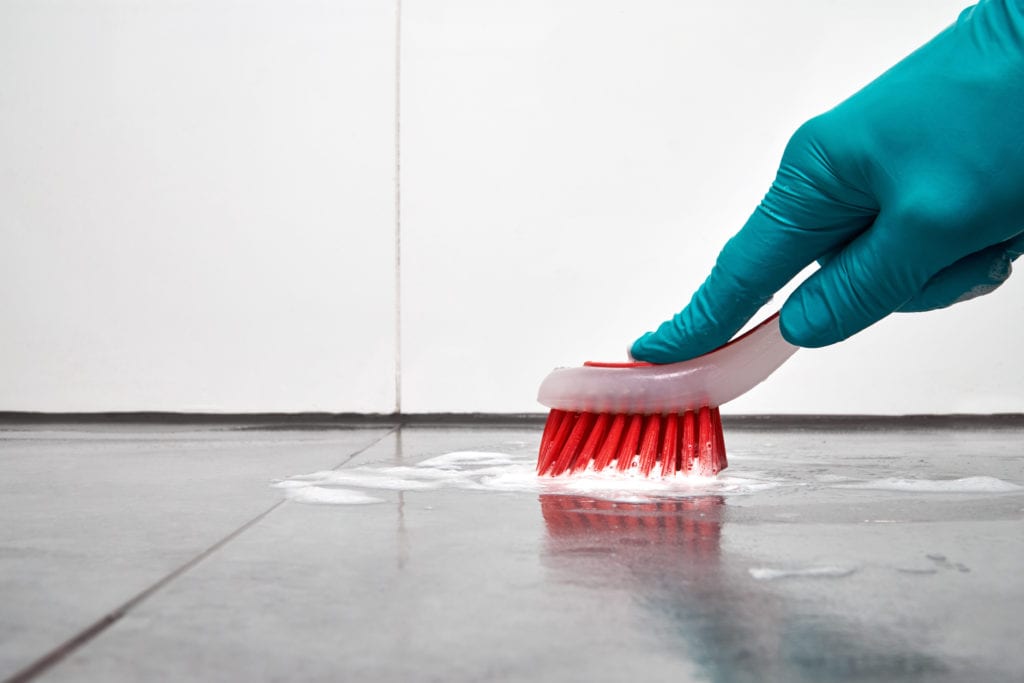





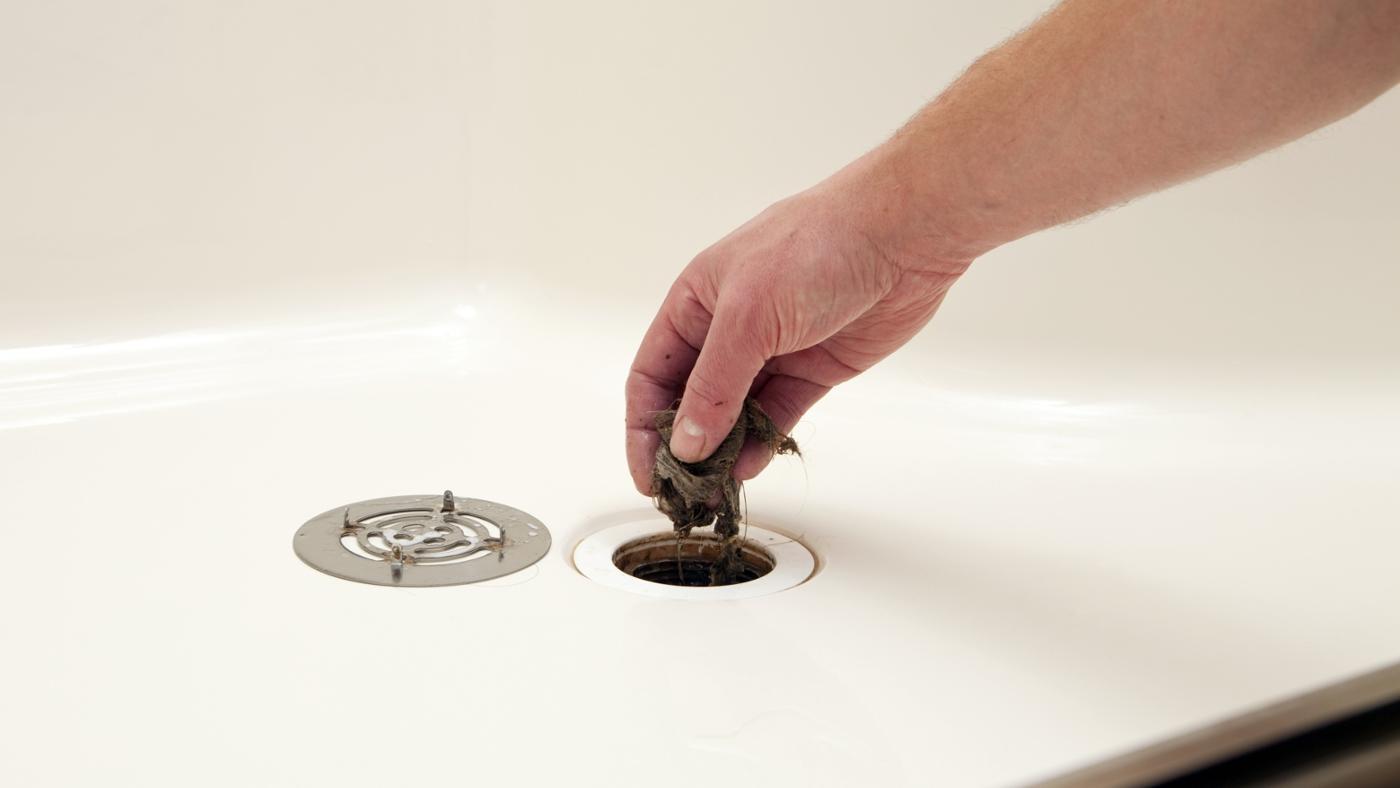




:max_bytes(150000):strip_icc()/freshen-and-unclog-drain-with-baking-soda-1900466-22-bbf940b70afa4d5abef0c54da23b1d3f.jpg)
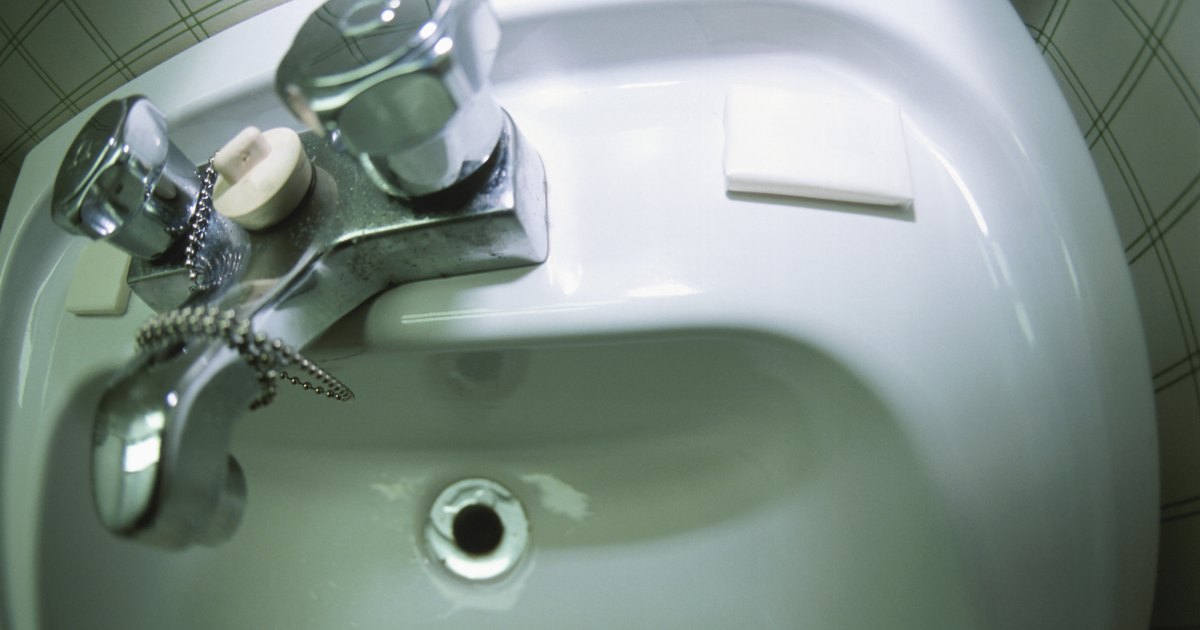








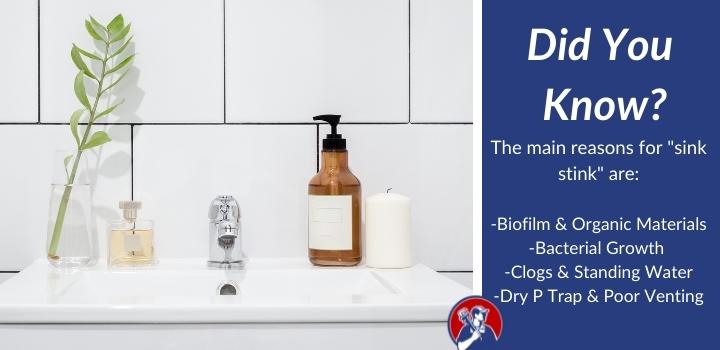

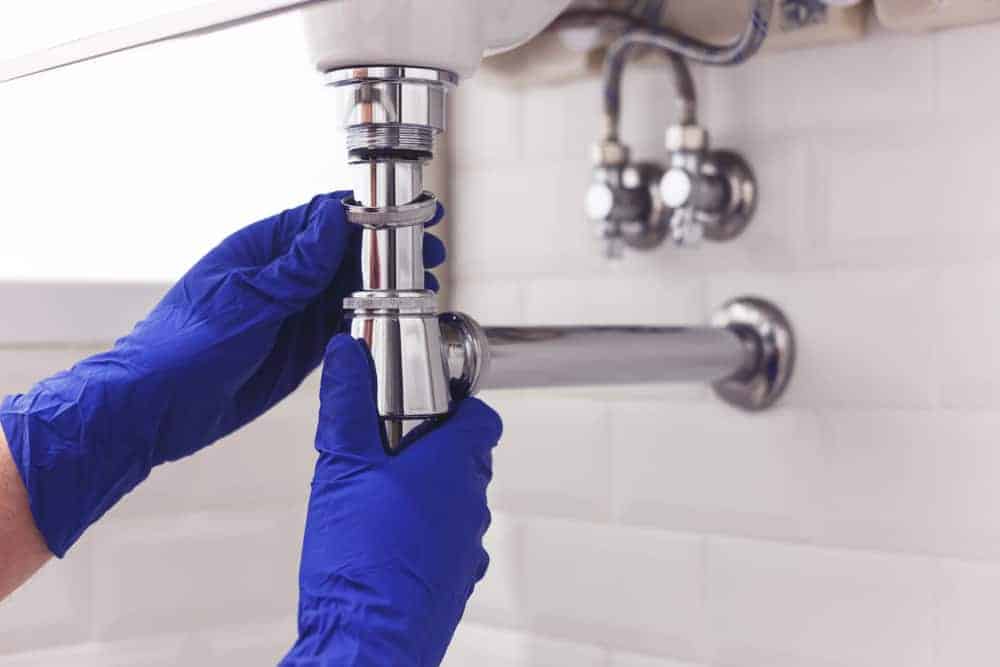






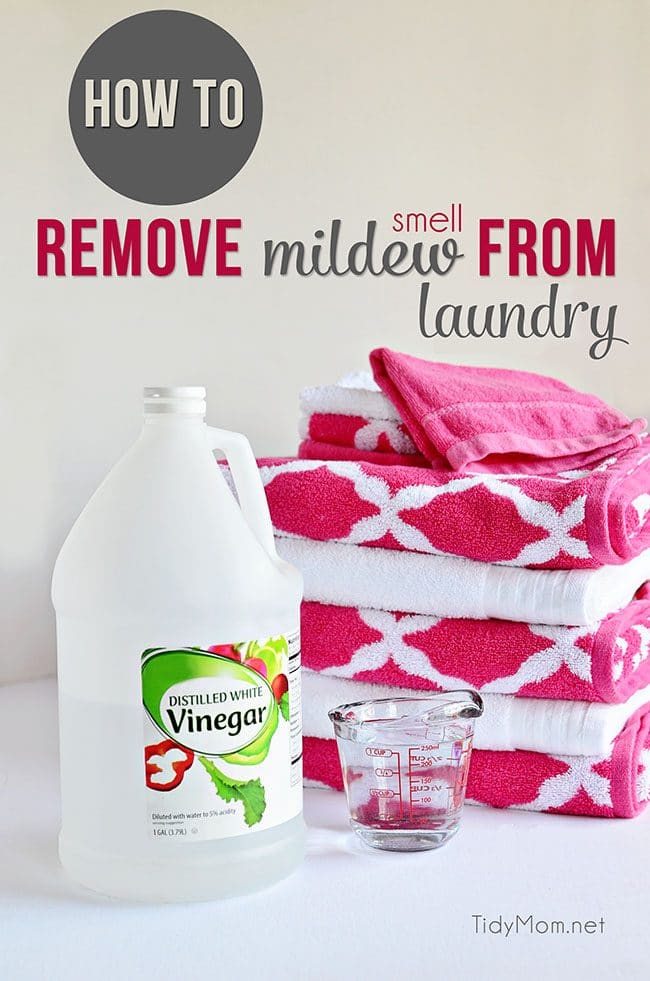

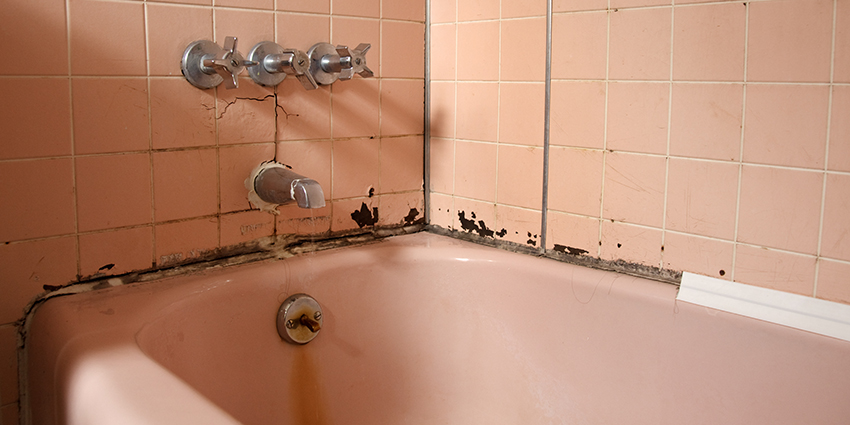


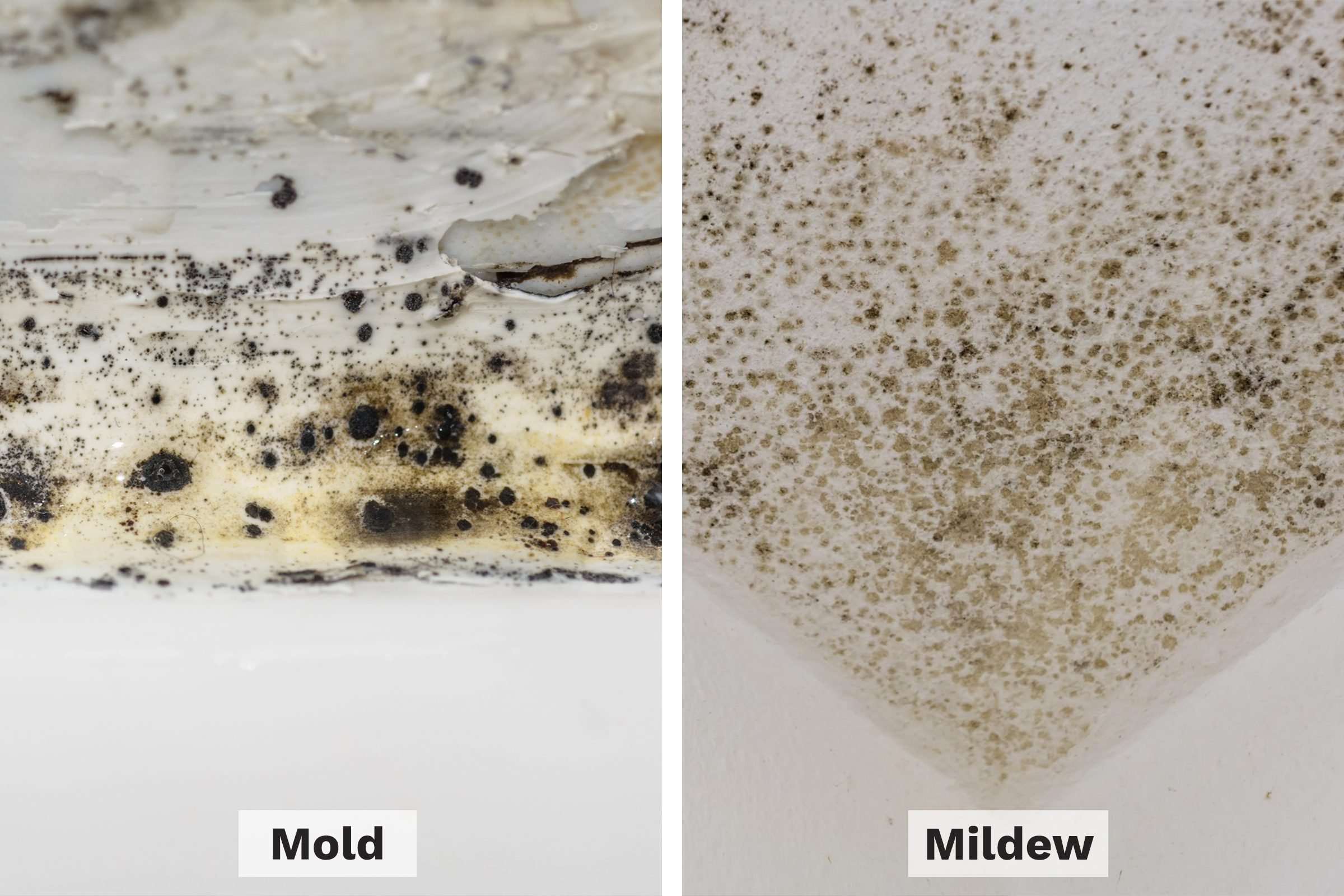
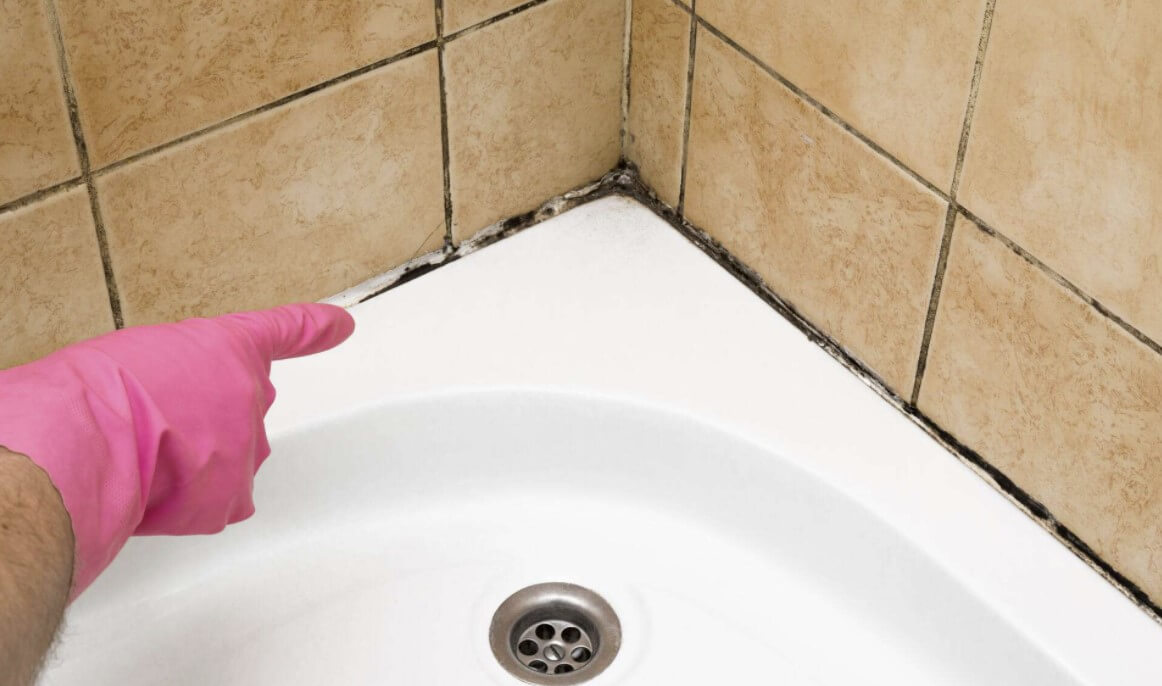




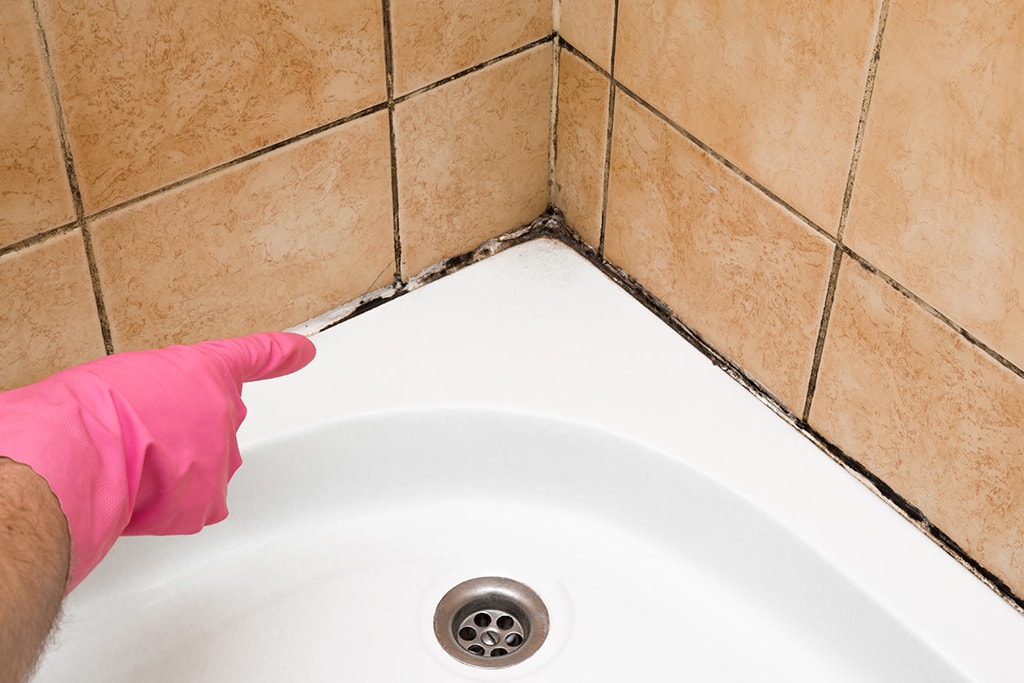


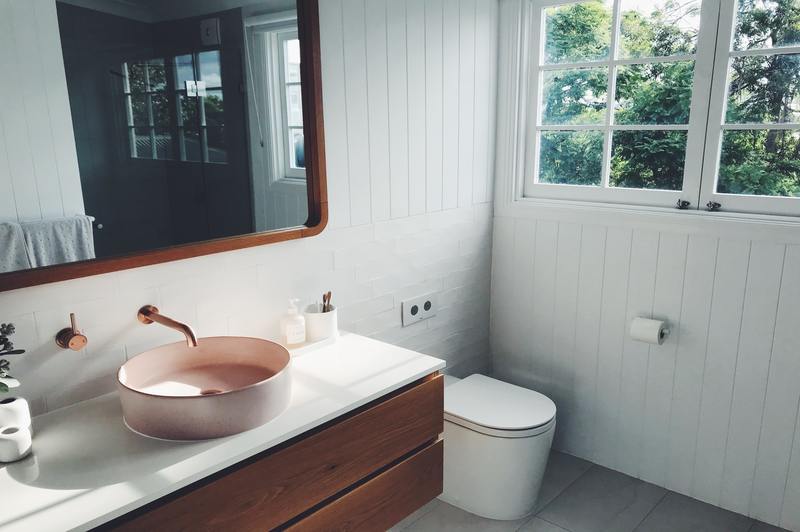
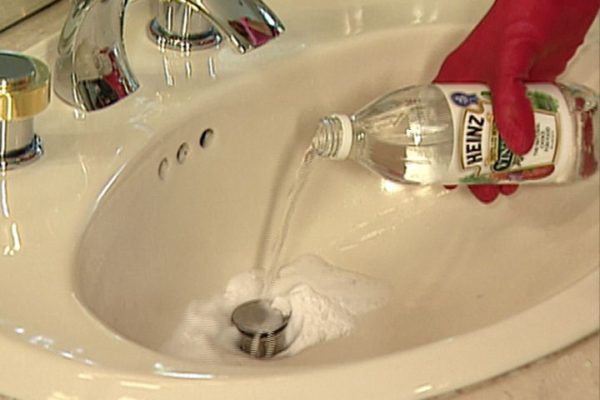




.png)


